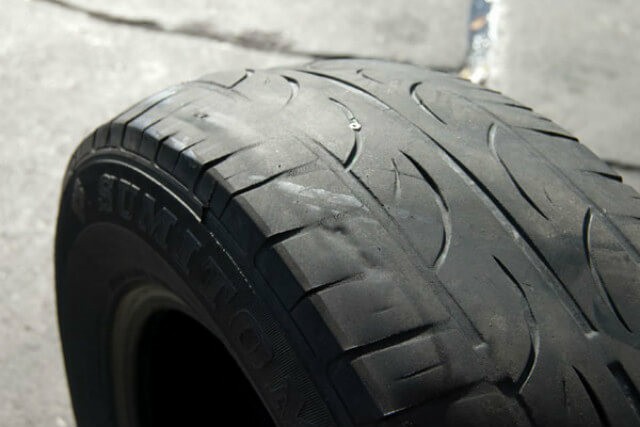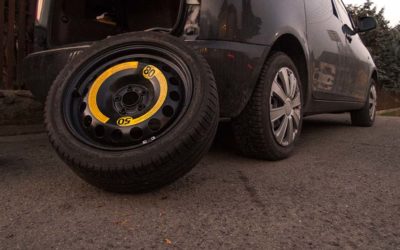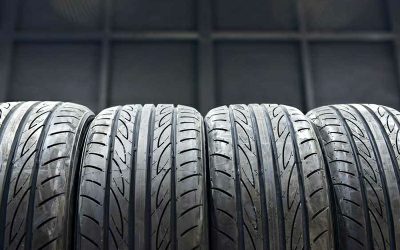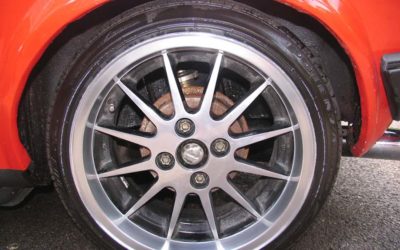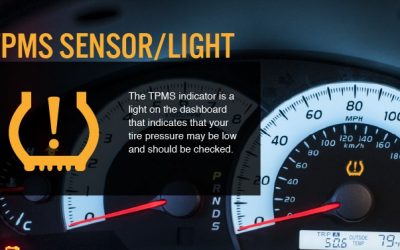If you feel some uncomfortable up-and-down bumping when driving your car lately, chances are you’re driving on flat-spotted tires. With that in mind, we have prepared this article to help you understand spots on tires, their symptoms, and what to do next if you run into that situation.
What Is Tire Flat Spotting?
Tire flat spotting refers to the car condition in which the tire tread becomes extremely worn. The flat spots frequently occur in the contact patch of the tires. That section of rubber is usually stiffer or softer compared to the rest of your tire.
While this problem might not be noticeable initially, you may experience a slight disturbance or even severe juddering when driving.
How To Check For Flat Spots On Tires?
Since tire flat spotting concerns safety issues, you should actively check for flat spots on tires. Here are some common symptoms that you should be aware of:
- The tires getting flattened after long-term parking
- Abnormal tires wear patterns or bald tire patches.
- Persistent vehicle vibration when driving
- Difficulty in steering
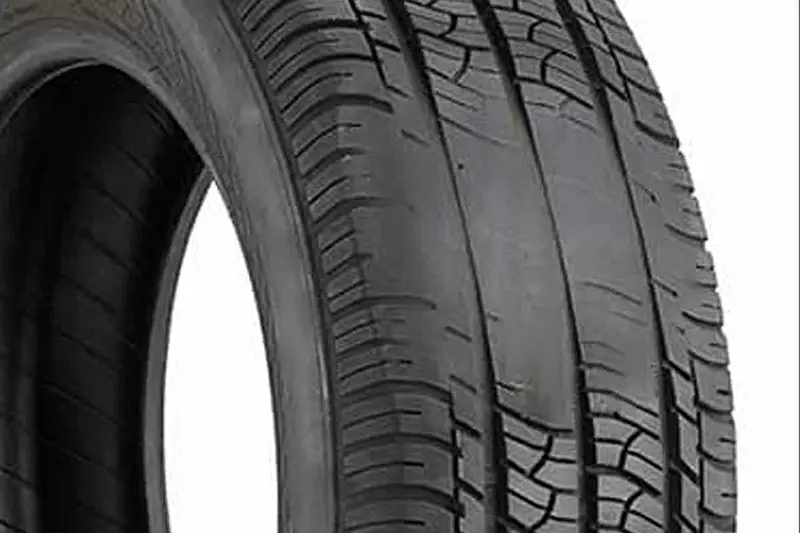
What Causes Flat Spots On Tires?
There are quite a few culprits for flat spots on tires.
Long Periods Of Parking
Flat spots might develop if you’ve parked the car up for an extended period. In this case, the tires will harden into a flattened shape when they have cooled down from the drive. You might be able to tell if your car has flat spots immediately.
Driving Habits
Bad driving habits also contribute to flat spotting. If you let your vehicle go into a skid, there is a high chance that the tires get flattened. Furthermore, aggressive braking also takes a toll on the tires, causing permanent flat spots.
Harsh Weather
Cold climates may be responsible for tire flat-spotting. When the temperatures drop, the air pressure follows suit. The ultimate result is that the tires are more prone to flat spots as the tire pressure gets lower.
Others
Aside from the causes above, it would help if you also keep these situations in mind to prevent flat spots on tires:
- If your vehicle has experienced an accident in the past, remember to double-check the tire conditions. Do not underestimate even a minor flat spot, as it will surely get worse over time, resulting in permanent flat spots.
- Do not overlook even a minor puncture in your car tires, as it will develop flat spotting over time.
How to prevent flat spots on tires?
Here are some useful tips:
- Increase your tire pressure by approximately 3 PSI. Remember that the extra pressure should not exceed the tire’s maximum recommended pressure for cold inflation.
- Periodically perform tire rotation. This means repositioning the front and the rear wheels on the axle. By doing this, the tire tread will get worn equally.
- Avoid locking up the wheels when your car is not in motion, as flat spots might occur from skidding. Turning the steering is also not advisable since heavy braking increases the chances of flat spotting.
- Make sure your car tires usually remain in tip-top notch conditions. These include traction, treadwear, handling, noise, speed rating, fuel, temperature, and comfort when driving.
- Using tire rest tool, allows you to drive up and rest your tires on a slightly concave surface so that your tires remain round while you have your vehicle parked

Also, it would be helpful if you have a good grasp of how well your car tires perform on wet, dry, snow, and other rough surfaces.
- Ask a tire specialist to get your tires well-inflated.
- Regularly check the tires, preferably once a month.
- Maintain the integrity of the tires if you intend to store your vehicle for extended periods. One good way to do this is to get your car operating from time to time.
- Leave your car on blocks or jack stands to reduce the weight put on the tires.
Unfortunately, there isn’t any good method of how to fix flat spots on tires if they are permanent. In this case, consider replacing the tires.

